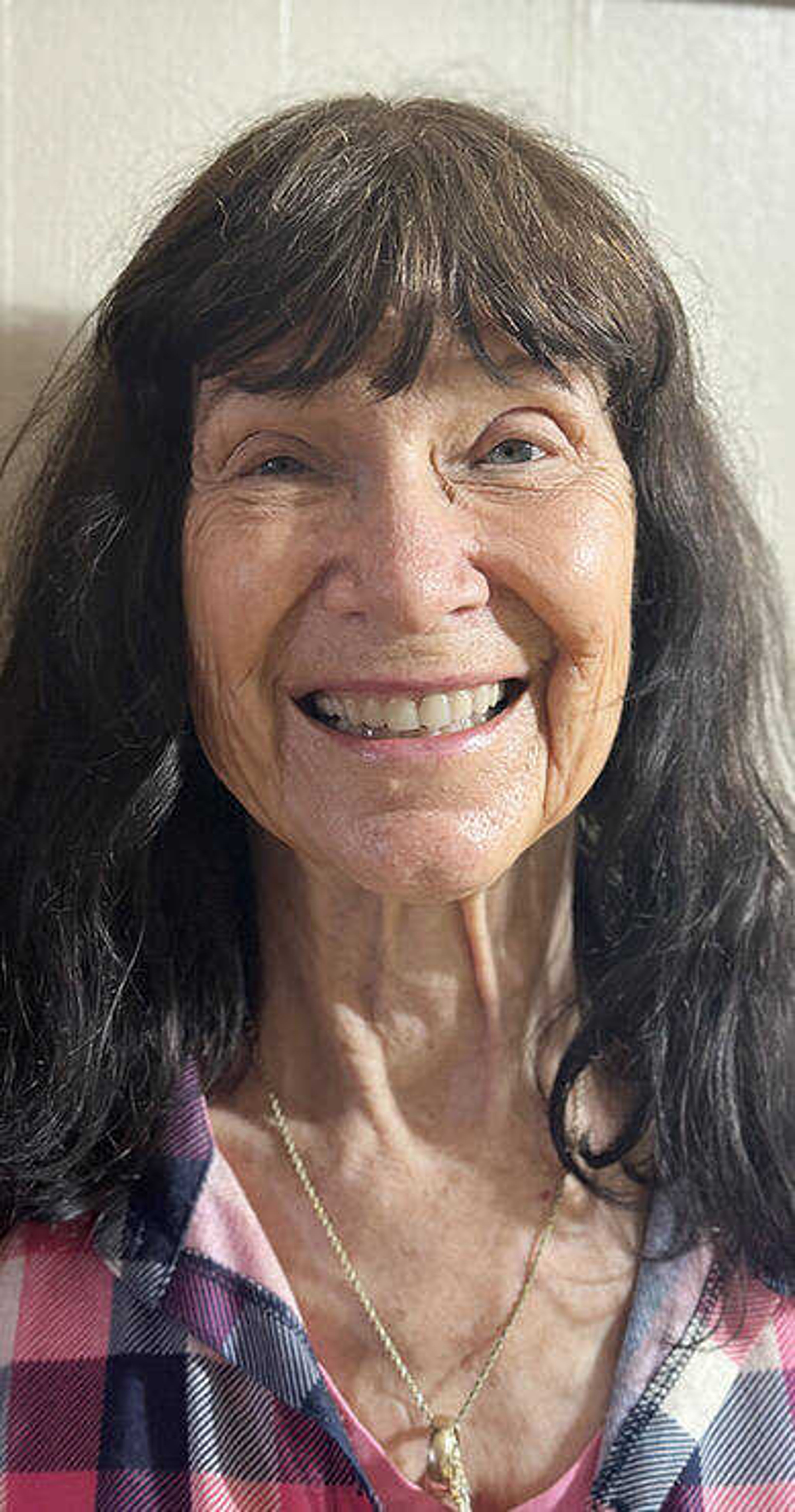Learning to be enlightened
"Good heavens, he handles each piece with such care," I thought as I recently stood watching my husband, Don, folding clothes. He's always been wonderful at helping around the house. I saw him apply the same precision and awareness to vacuuming, dusting and whatever else he tackled, like an artist painting on his canvas. ...
"Good heavens, he handles each piece with such care," I thought as I recently stood watching my husband, Don, folding clothes. He's always been wonderful at helping around the house.
I saw him apply the same precision and awareness to vacuuming, dusting and whatever else he tackled, like an artist painting on his canvas. I wondered why such chores never earned my dedication. I finished mundane jobs quickly so I could get on with what I "genuinely" wanted to accomplish. I finally learned what made the difference in our outlook concerning household tasks.
Being enlightened often refers to meditating in a lotus position high atop a mountain. When one reaches this state of enlightenment he believes he's finally reached a state of consciousness where all his problems will disappear and he'll live a life of undisturbed happiness. Both Scripture and a Zen proverb offer their viewpoints on enlightenment. In the end both sources have like meanings.
The Zen proverb says "Before enlightenment, chopping wood, and carrying water. After enlightenment, chopping wood, carrying water."
The message of this proverb is that enlightenment is not an attainment but a realization. After you recognize this fact everything seems to have changed, yet nothing is different. It's like you've been going through life with your eyes closed and you suddenly open them. Enlightenment is really a change in your attitude toward life and what, why and for whom you do what you do.
From the Christian perspective, Paul tells us to "Be transformed by the renewing of our minds" (Romans 12:2). It's not what you do in life that counts. It's who you are and why you do it. And most importantly, too, "your attitude determines your attitude."
In other words, the way you think decides how you feel, and how you feel often controls how you act and determines your enjoyment or distaste of what you're doing. To seekers of enlightenment this simple little Zen proverb and Paul's Scripture passage are great gifts, for one never has to change what he sees or what he does to become enlightened. One only must change "how" he sees things. He can become enlightened concerning his job, friends, school or something so monotonous (in my opinion) as folding clothes, vacuuming and other such responsibilities.
Most mothers don't mind changing their baby's diaper because they love their children. When you realize clean houses, washed and folded clothes, and dusting are necessary for people to live in sanitary environments, the work involved becomes a spiritual ritual. If one recognizes everything is spiritual when done with the right attitude, he's already become enlightened. Everything one does becomes an opportunity to know God. He ceases labeling things and judging people, instead appreciating them for what they are.
When people become enlightened, their circumstances don't change. They do. I realize the only person I can control is myself. Consequently I can release those I love to experience their own dignity --the dignity of making their own decisions -- right or wrong. One fails to project others' problems on himself by looking at them from a more detached perspective. Then peace comes rather than emotional upheaval.
This attitude of detachment isn't one of indifference but instead one of relinquishing control. Often we become distraught when others fail to ask our advice, do what we desire or make their own choices. We must first work on our own lives. Then it will mean less what others do.
Try to see God in everything. For whether it's Scripture speaking or that simple Zen proverb, enlightenment will come if you reserve a space within yourself for enlightenment to appear when you need it most.
Ellen Shuck is director of religious education at St. Mary's Cathedral Parish.
Connect with the Southeast Missourian Newsroom:
For corrections to this story or other insights for the editor, click here. To submit a letter to the editor, click here. To learn about the Southeast Missourian’s AI Policy, click here.










